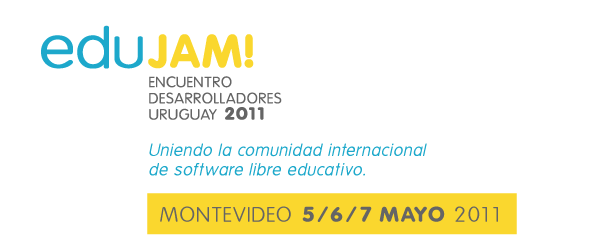Sugar Labs has been selected as one of ten projects to participate in Google Code In. We join, among others, our colleagues at Fedora et al., in soliciting the participation of high-school (and in our case, middle-school) students to work on projects during a six-week sprint beginning on November 26. This is a great chance for the youth who have been so instrumental in our growth over the past year to show off their talents to the world (and two of them will hopefully win a trip to visit Google). Please help Chris Leonard and Walter Bender finalize the project and mentor lists over the next few days. We are offering coding projects, documentation and training projects, outreach, quality assurance, and user interface, so even if you are not a developer, you likely have some skills to devote to the Code In.
NOTE TO MENTORS: Please create an account and fill out the Request to be a Mentor form.
NOTE TO COMMUNITY: Please add to our task lists and please recruit participants.
Why we are participating
Sugar is written and maintained by volunteers, who range from seasoned professionals to children as young as 12-years of age. Children who have grown up with Sugar have transitioned from Sugar users to Sugar App developers to Sugar maintainers. They hang out on IRC with the global Sugar developer community and are full-fledged members of the Sugar development team. It is this latter group of children we hope will participate in and benefit from Google Code-in. Specifically we want to re-enforce the message that Sugar belongs to its users and that they have both ownership and the responsibility that ownership implies. Just as learning is not something done to you, but something you do, learning with Sugar ultimately means participating in the Sugar development process. At Sugar Labs, we are trying to bring the culture of Free Software into the culture of school. So the Code-in is not just an opportunity for us to get some tasks accomplished, it is quintessential to our overall mission
If you are interested visit wiki.sugarlabs to read the details.



